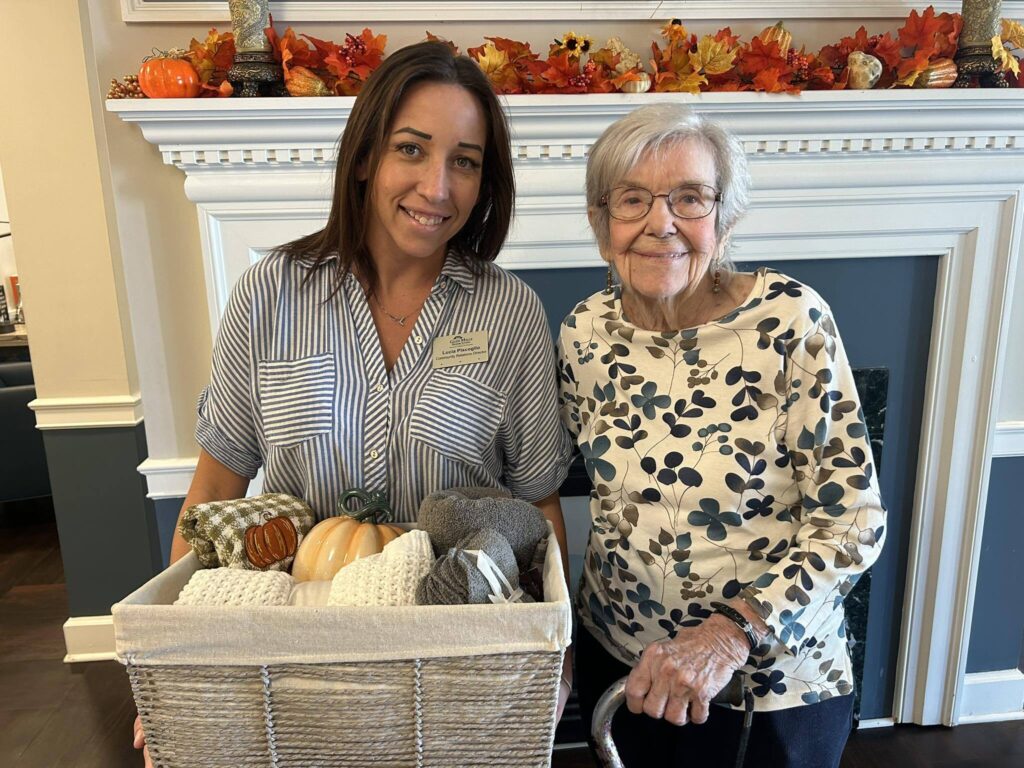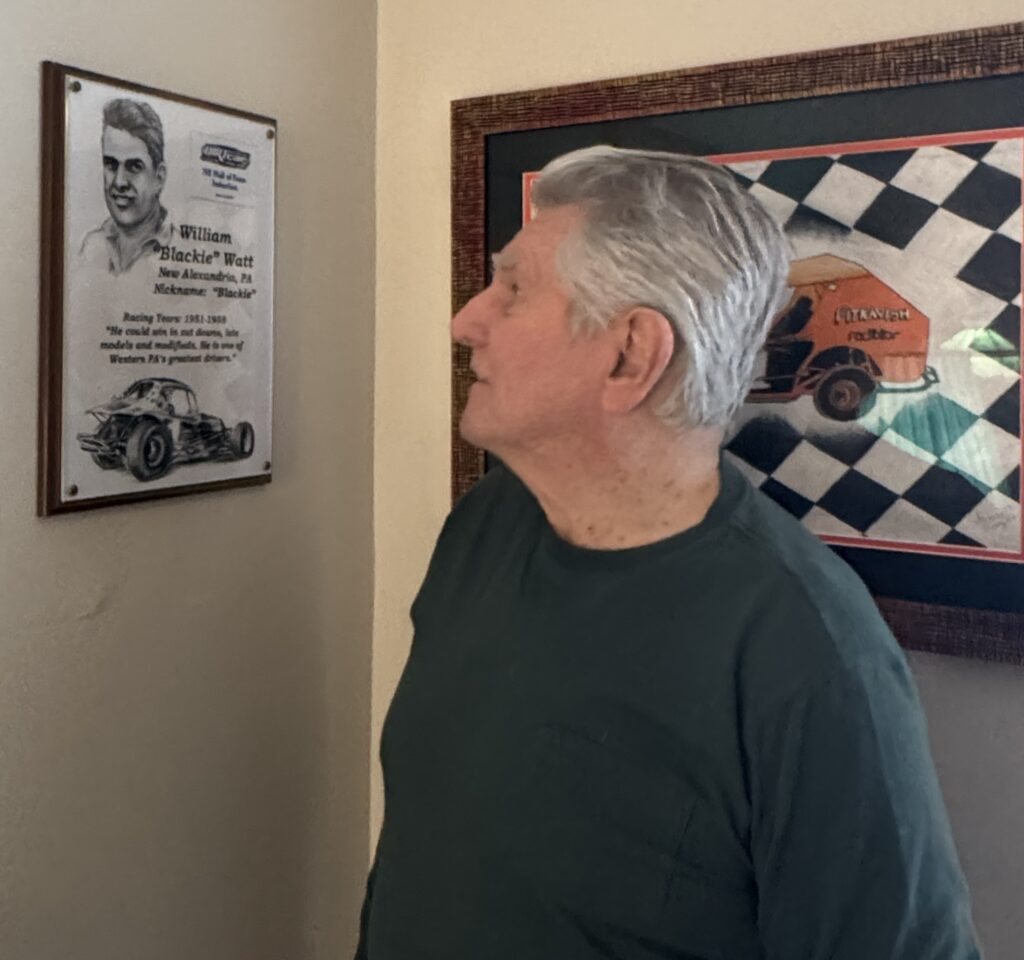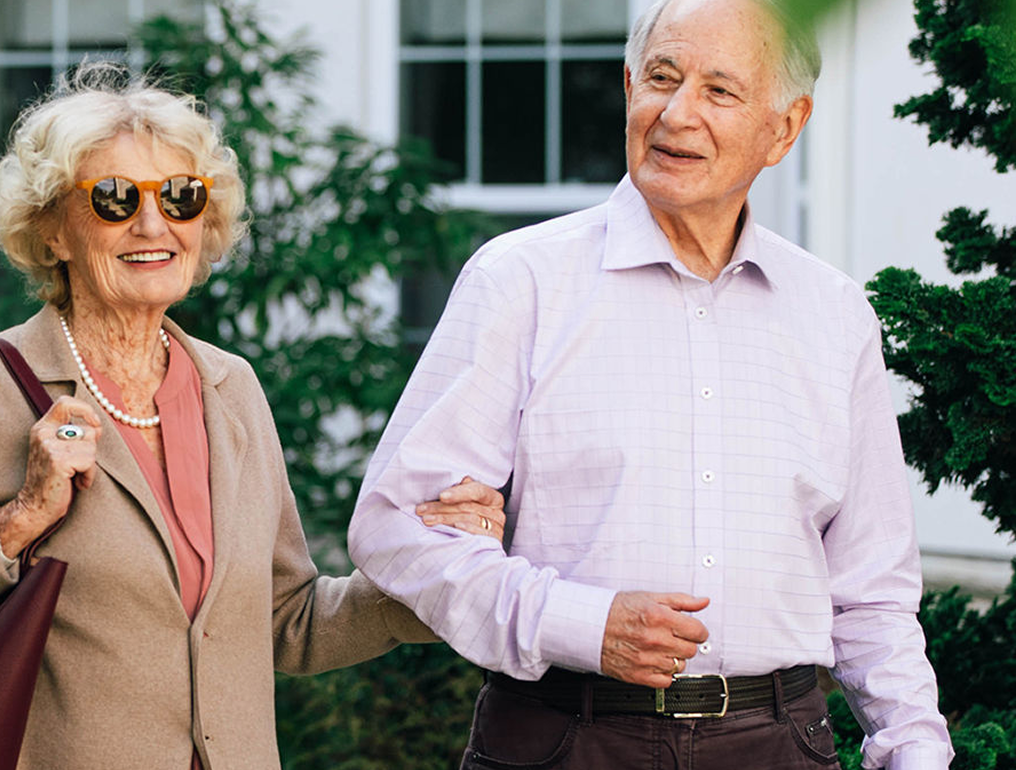Caring for a loved one is a hard, exhausting responsibility. You probably stepped into caregiving out of love, but over time, you probably began to feel the strain. The constant worry, interrupted sleep, financial pressure, and emotional toll can quietly build until one day it feels impossible to continue. This is what’s called caregiver burnout.
Caregiver burnout does not always arrive suddenly, it creeps in over months or even years. You may start feeling tired all the time or notice irritability or resentment toward the person you are caring for, even though you love them deeply. Some people also describe a loss of identity, feeling as though life outside of caregiving has disappeared.
These are not signs of weakness. They are caregiver burnout symptoms, and they happen because you have been carrying more than one person can bear.
How to avoid caregiver burnout
If you’re just starting to take care of someone, then you’re on time to prevent caregiver burnout.
- Accept help when it is offered. Even short breaks can help you rest and give you strength.
- Set boundaries. It is okay to say no when your health or peace of mind is at risk.
- Create moments for yourself. Exercise, a quiet walk, or even 10 minutes of journaling can make a difference.
- Explore assisted living or respite care. Short-term support, whether through family, professionals, or a trusted assisted living community, can provide you much-needed rest. Sometimes it’s better to leave it to the professionals.
These practices are not selfish but ways to protect both you and the person you love.
Remember: when you’re caring for someone else, you first need to take care of yourself.
Why you need to acknowledge caregiver stress
The thing with caregiver stress is that it’s not just emotional, it also affects the body, mind, and relationships. Ignoring the signs can lead to health issues, isolation, or even collapse. By acknowledging your symptoms early, you give yourself the chance to make changes before it overwhelms you.
Treatment and recovery
If you already feel burnout, your recovery will require compassion toward yourself. Professional counseling or support groups can help process the emotions that come with caregiving, including guilt, anger, and grief. Doctors can guide you in managing physical symptoms such as insomnia, depression, or anxiety.
But the treatment is not only about yourself; it also involves rebalancing responsibilities. This may mean sharing the load with other family members, hiring in-home help, or considering an assisted living community. These decisions are often painful, but they can also restore health and stability for everyone involved.
And don’t think you’ll be abandoning your loved ones. Many care homes have special activities for guests. For example, The Residence at Colvin Run, an assisted living community in Great Falls, Virginia, offers guest meals and private party catering.
You deserve care too
It is easy to forget that while you are caring for someone else, you also need care. You are not a bad person for feeling exhausted or resentful. You are a human being who has been giving more than most people could imagine.
Finding peace often means recognizing that love does not have to look like sacrifice at every moment. Sometimes the best way to care for someone else is to make sure you survive the journey too.
If you are at the point where caregiving has become more than you can manage, assisted living may provide the consistent support your parent needs while giving you space to breathe again. At Residence of Colvin Run, our focus is on safety and dignity for your parent and for you. Reach out and learn how we can support your family through this transition.












